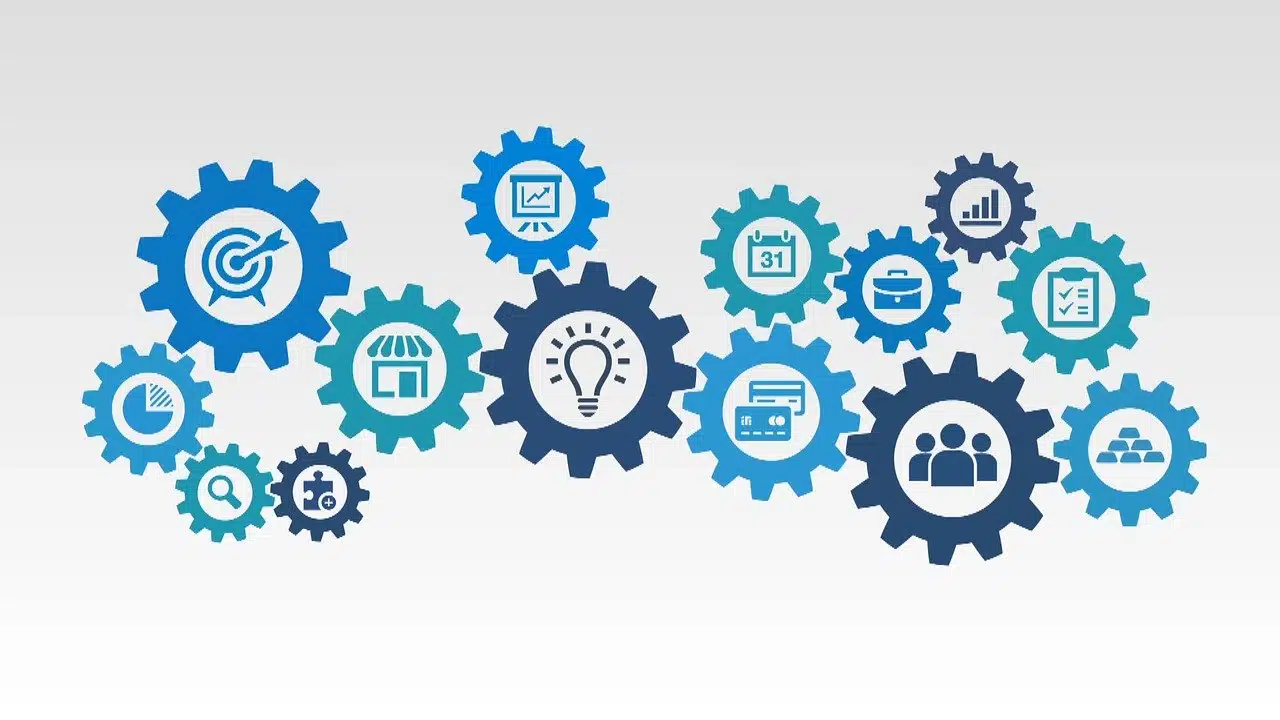Banks and corporations are currently under considerable pressure to invest in technology-based solutions. Financial services have developed significantly as a result of advancements in mobile device and internet technology and different types of fintech market.
Fintech continues to drive innovation in the financial services industry, establishing new trends in the creation of new goods and services. Finance-related Fintech services such as Capital Markets, Insurance, Money Transfer and Payments, Security, Compliance, Asset Management, and Data Analytics have exploded in market as a result of this market’s innovative application of technology to improve the traditional financial sector.
Types of Fintech Market
Financial technology, or fintech, has become a paradigm-shifting force that is changing the world’s financial sector. A wide variety of innovative technologies and business models with the potential to enhance and completely transform the financial services sector are collectively referred to as “fintech.” Moreover, a number of fintech markets have emerged within this wide industry, focusing in various facets of finance and offering unique solutions to age-old issues. Let us explore the types of Fintech market.
Insurance
Through the use of Mobility Software, Data Science, and the Internet of Things, Insurtech (Insurance Technology) enterprises provide digital services in the insurance industry. Insurtech analyses data collected via connected devices or sensors in order to provide tailored information, dynamic pricing, and recommendations. BIMA and Metromile are solutions for insurance technology (Insurtech).
Digital Lending and Credit
Digital lending is a method for quickly raising funds via crowdsourcing, which enables you to raise funds from anyone worldwide. Besides, the customer is not needed to submit a loan application to banks or credit unions.
Foreign Money Transfer
In comparison to traditional money transfer techniques, Fintech enables faster and more cost-effective international money transfers.
Moreover, consumers may now obtain personal finance advice without having to contact a traditional financial institution. At the moment, Fintech provides its consumers with a plethora of options for budgeting help. Asia Group enable its users to create budgets and receive unbiased advice on how to save money, develop a savings plan, and manage their personal finances.
Online Banking
Atom Bank’s ground-breaking technology combines chatbots, voice and phone biometrics, and artificial intelligence. As with Moven, the Company provides its clients with digital banking services that enable the usage of digital bank accounts.
- Mobile Banking provides customers with access to financial information, the ability to check their account balance, and the ability to examine a transaction history.
- Mobile Payment enables consumers to pay their bills using their mobile devices as long as they are connected to the internet. Additionally, fintech enables customers to pay their bills internationally. One can open an account and send and receive money without physically visiting a bank. So, many consumers have shifted away from credit cards in favour of mobile wallets.
Online Trading
A market in which financial assets (such as stocks, debentures, and bonds) and commodities are purchased and sold. Fintech enables investors to buy and sell stocks online through the use of mobile devices or personal computers connected to the internet. Hedgeable and Addepar are two instances of investment software.
Equity Financing
Historically, corporations generated revenue through the sale of stock to shareholders, who in turn received an ownership stake in the business. Now, Fintech entrepreneurs are changing it by streamlining the funding process. Therefore, it facilitates the connection of certified investors with existing enterprises.
Major Technologies in the Fintech Market
Let us see the major technologies in financial technology after going through the types of financial technology.
Peer-to-peer lending
Peer-to-peer lending is a term that refers to money being loaned to individuals or businesses using internet platforms that link borrowers and lenders. Individuals may now obtain loans directly from other individuals over the internet, as opposed to traditional banks.
The term “regulatory technology” is an abbreviation for regulatory technology. It is the administration of regulatory procedures (monitoring, compliance, and reporting) within the financial industry that is facilitated by technology.
Robo-Advisers
Robo-advisers give digital financial advice based on algorithms or mathematical laws. By providing low-cost financial advice, robo advisers enable you to manage your portfolio more efficiently and effectively.
Blockchain
The terms “blockchain” and “chain” refer to digital information and, respectively, a public database. Thus, the name “blockchain” refers to the process of encrypting digital data and storing it in publicly accessible databases. It is, in essence, a collection of construction components. Blocks record transaction info: time, date, purchase amount, parties’ names. Block data differs from data in later blocks. Each block has a unique hash code for identification. Blockchain maintains a distributed, verifiable transaction ledger.
Crowdfunding
This is a method of obtaining financial support for an organisation or a project by soliciting a little sum of money from a large number of individuals over the internet.
Conclusion
We can conclude by saying that the fintech sector is a dynamic, constantly evolving business that is changing how we interact with financial services. In addition to payments and transfers, loans, wealth management, blockchain and cryptocurrency, and insurance technology have all been the subject of our research. The financial industry benefits from the distinctive discoveries and opportunities made in each of these fields.
If they want to take advantage of this disruptive industry and successfully navigate its challenges, businesses and individuals must stay current on developments in the fintech landscape. Fintech enables the provision of financial services that are more efficient, accessible, and inclusive than ever before. To gain insights on features of insurance, read this article.






